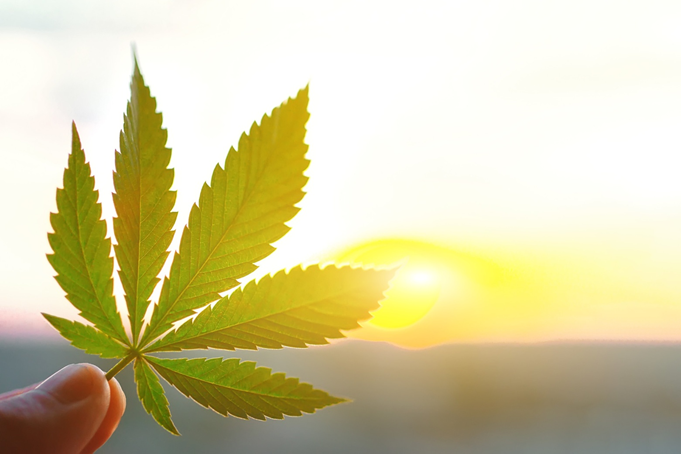Cannabis legalization has long been a polarizing topic in the U.S., but the tides are shifting in recent years. More and more states are making moves to legalize the substance, which gives rise to different variants of the plant.
All cannabis plants contain three different chemicals called cannabinoids. Tetrahydrocannabinol (Delta 9 THC) is the most common, but others like cannabinol (CBD) are also popular and can create different kinds of THC.
These different forms of THC, called THC isomers, have become popular in places where cannabis is legal at the state level. Read on to learn all about them.
Delta 8 THC
The first THC isomer to make headlines and gain national attention was Delta 8 THC. Delta 8 products come from hemp, which allowed it to exist in a legal gray area until certain states passed legislation to outlaw it.
Delta 8 THC is a naturally occurring substance. It exists in both hemp plants and marijuana plants but is more readily available in hemp due to its high concentration of CBD.
Plenty of Delta 8 products exist on the market. It can be smoked like traditional cannabis, fashioned into wax, or made into an edible like Delta 8 gummies.
In states where cannabis is legal, Delta 8 products receive testing for impurities that may make them unsafe. However, some stores like gas stations may be selling untested Delta 8. Avoid these products as they contain a significant amount of impurities.
Delta 8 THC is associated with a more mild intoxicating effect than the Delta 9 THC found in marijuana.
Delta10 THC
Delta 10 is another THC isomer created from hemp, though it’s less popular than the Delta 8 variant. This is likely due to the fact that it is a more recent development in the world of THC production and is more difficult to manufacture.
Delta 10 exists in very limited amounts in CBD. It must be continually refined until it reaches a usable state. The process is time-consuming, so Delta 10 remains understudied.
Some claim the effects of Delta 10 are even milder than Delta 8. It’s usually associated with feelings of euphoria and clear-headedness.
Delta 10 product offerings mirror Delta 8’s. It can be vaped and it’s common to find this THC in edibles.
THC Isomers From Hemp
To create these THC-9 alternatives, hemp products undergo a process called isomerization. It’s simple in theory, but only a trained technician in an area where its use is legal should produce these isomers.
First, hemp extract dissolves in a solvent with acetic acid and sits at room temperature for a number of hours. Then, the acid is removed and the solvent undergoes neutralization. The remaining substance then goes through distillation to create a pure THC isomer.
Many Kinds of THC
THC can exist in many forms. While Delta 9 is the most common, Delta 8 and Delta 10 are increasingly common isomers of THC.
These THC isomers are created from hemp extract in a laboratory setting. Their effects may be milder than the ones associated with Delta 9 THC.
Found this article interesting? Keep following our blog for more health and lifestyle news.



